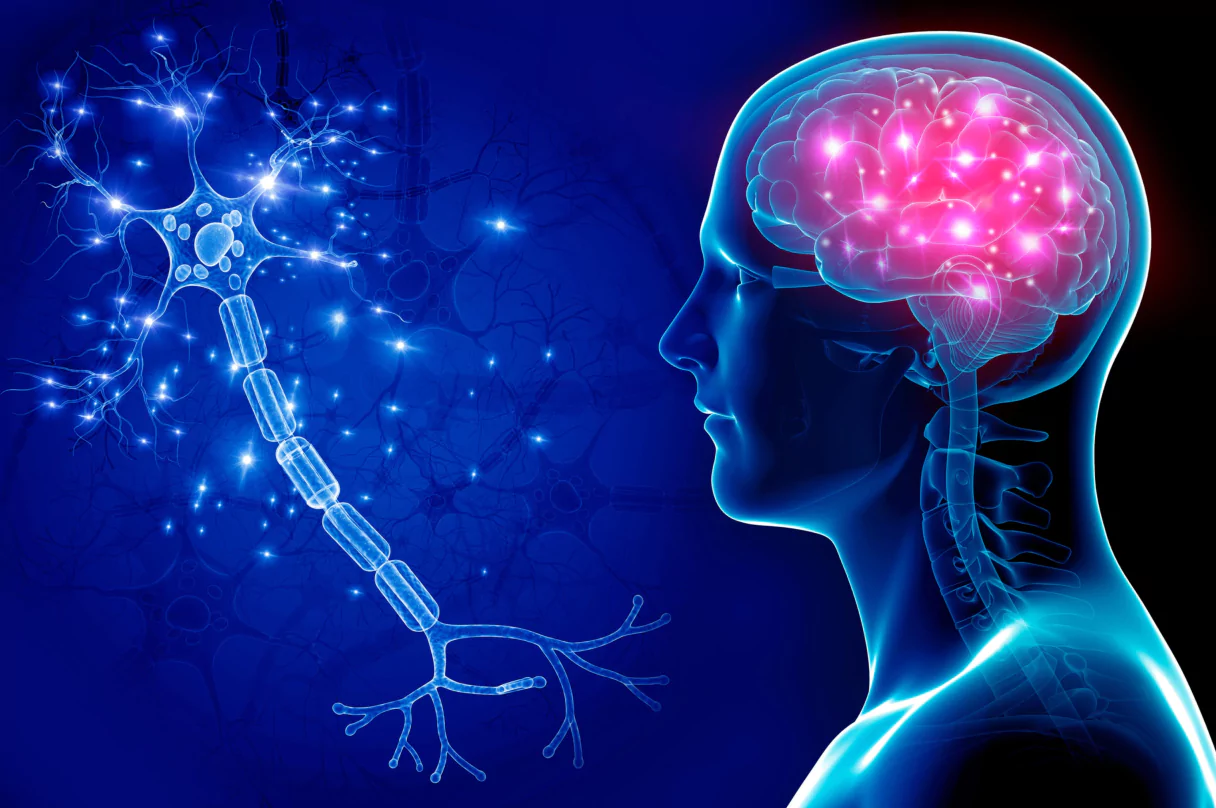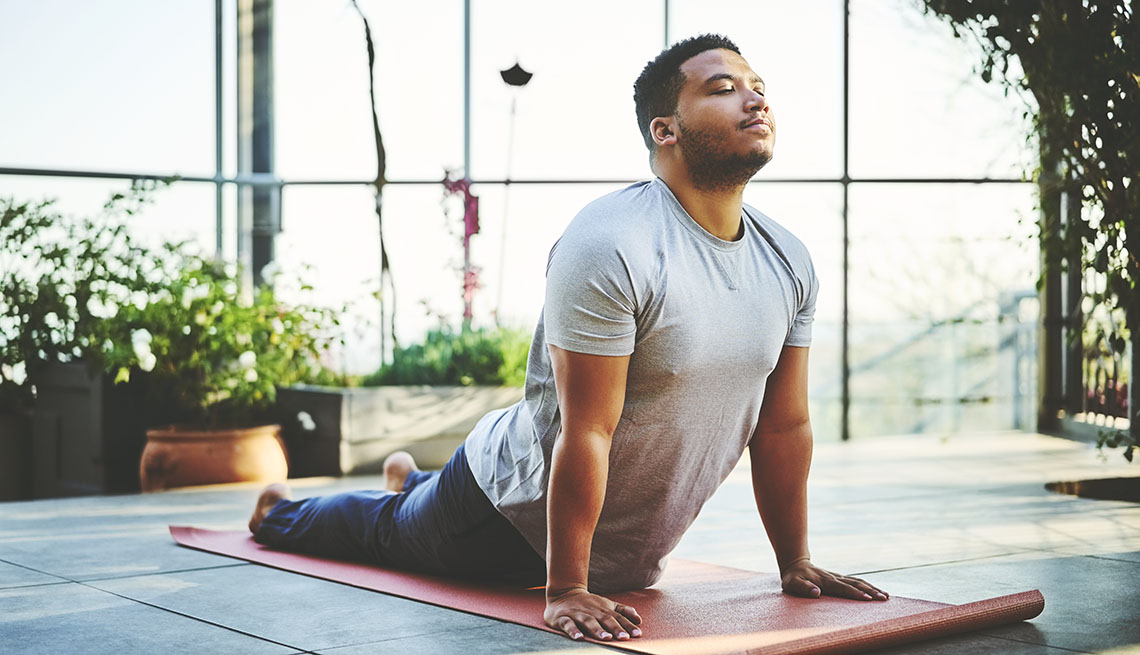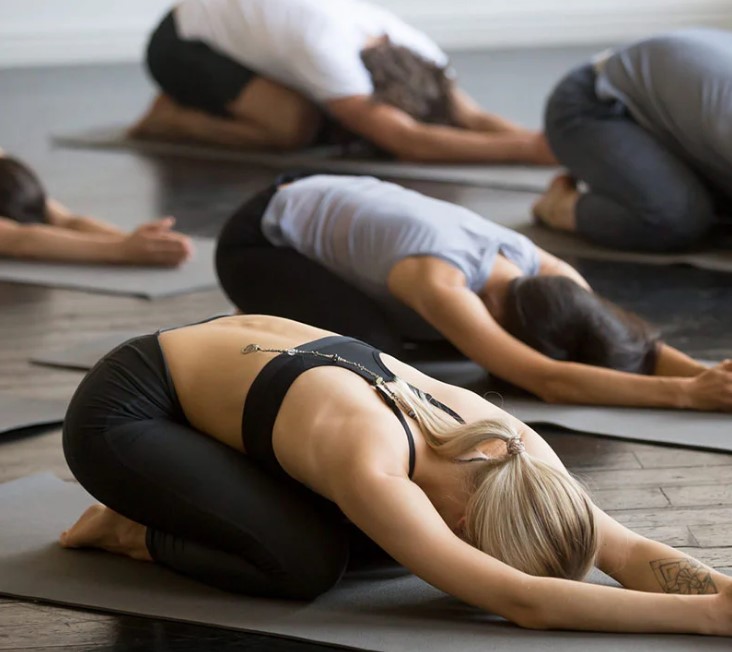For many, recovery from alcohol use disorder is a deeply personal and often challenging journey. While clinical treatments and support groups are essential parts of the process, more individuals are discovering the power of holistic practices that nurture both body and mind. Among these, yoga therapy stands out as a uniquely transformative tool. Blending physical movement with mindfulness, yoga offers a pathway to healing that goes beyond sobriety and into deeper self-awareness, emotional balance, and long-term well-being.
This article by Oasis Detox explores how yoga therapy can support alcohol recovery, why it works, and how you can begin incorporating it into your life, no matter where you are in your journey.
Understanding the Connection Between Alcohol Use and the Nervous System

Before diving into yoga’s role in recovery, it’s important to understand what alcohol does to the body, particularly the nervous system. Prolonged alcohol use disrupts the brain’s natural chemistry, impacting neurotransmitters like dopamine and GABA, which are responsible for regulating mood, anxiety, and relaxation. This disruption often results in heightened stress levels, difficulty sleeping, and emotional instability—common triggers for relapse.
Yoga therapy targets these very systems. Through breathwork, intentional movement, and meditative awareness, yoga helps recalibrate the nervous system, reduce cortisol levels, and promote the release of feel-good hormones like serotonin and endorphins. In short, yoga helps restore what alcohol has thrown off balance.
Yoga as a Tool for Physical Rebalancing

Alcohol takes a toll on the body, often leading to poor posture, muscle tension, fatigue, and digestive issues. Many individuals in early recovery experience stiffness or pain, especially if they have been sedentary or undernourished during active addiction. Yoga therapy offers a gentle, structured way to reintroduce movement and build body awareness without overwhelming the system.
Practicing postures like gentle forward folds, restorative backbends, and slow, rhythmic flows can improve circulation, support liver detoxification, and ease muscular tightness. More importantly, this physical rebalancing lays the groundwork for individuals to reconnect with their bodies in a safe, non-judgmental way. For those who have numbed out physical sensations for years, this reconnection can be a powerful step toward healing.
Breathwork and the Art of Grounding
One of the most immediate and accessible tools in yoga therapy is the breath. Known as pranayama in yogic traditions, breathwork techniques are used to regulate the nervous system and shift from a reactive state to a calm, centered one. This is particularly useful in recovery, where cravings, anxiety, and emotional volatility can arise without warning.
Deep belly breathing, alternate nostril breathing, and simple breath awareness can serve as anchors during moments of distress or temptation. Over time, these techniques train the brain to respond to stress with calm rather than chaos. Many in recovery find that having these tools in their back pocket—available anytime, anywhere—empowers them to stay grounded even when external circumstances feel unstable.
Addressing Emotional Trauma through Mindfulness

Alcohol use is often rooted in unresolved emotional pain or trauma. Whether it stems from childhood, relationships, or life-altering events, this pain can linger beneath the surface and drive self-destructive behaviors. Yoga therapy doesn’t ignore this—it gently invites individuals to turn toward it with compassion and curiosity.
Through mindfulness practices embedded in yoga, individuals learn to observe their thoughts and emotions without judgment. This practice of non-reactive awareness creates a space between feeling and acting—a critical skill for anyone trying to break habitual patterns like drinking. With consistent practice, yoga becomes not just a form of physical exercise, but a safe container for emotional processing and release.
Creating Structure and Building Discipline
Recovery often requires rebuilding a life from the ground up. That means creating routines, setting boundaries, and committing to practices that support long-term health. Yoga therapy, with its emphasis on regular practice and self-discipline, naturally supports this process.
Establishing a daily or weekly yoga routine provides a reliable framework in what may otherwise feel like an unstructured or uncertain time. It becomes a ritual—something to look forward to, a way to start or end the day with intention. And as individuals begin to notice small improvements in their physical health, mood, or sleep, they often feel more motivated to stay on the path.
Connecting to a Larger Sense of Purpose
Perhaps one of the most profound gifts of yoga therapy in recovery is the way it helps people reconnect to something bigger than themselves. For some, this is a spiritual practice. For others, it’s a renewed sense of meaning or a deeper connection to their own values. Yoga philosophy teaches that every person has an inner light—an unchanging essence beyond labels or past mistakes. Tapping into this awareness can be a source of tremendous hope and resilience.
In group yoga settings, individuals in recovery often find a sense of community that transcends words. Simply breathing and moving together creates a bond, reminding each person that they’re not alone in their struggle or in their healing.
Starting Where You Are

If you’re considering yoga therapy as part of your recovery journey, there’s no need to be flexible or experienced. Yoga meets you exactly where you are. You can begin with a few minutes of breathwork each day, try a restorative yoga class, or work with a certified yoga therapist who specializes in addiction recovery.
Look for practitioners who emphasize trauma-informed approaches and who understand the nuances of working with people in early sobriety. Most importantly, give yourself permission to move at your own pace. Healing isn’t linear, and neither is yoga. Some days will feel smooth, others won’t—but every time you step onto the mat, you’re choosing a different future.
Final Thoughts
Recovery is about much more than quitting alcohol. It’s about reclaiming your health, your self-worth, and your place in the world. Yoga therapy offers a gentle but powerful path toward that kind of transformation. It doesn’t replace other forms of treatment, but it beautifully complements them, helping individuals not just stay sober but truly come alive again.
If you’re looking for a practice that honors both your struggles and your strengths, yoga may be the missing piece. One breath, one pose, one moment at a time—you can rebuild. And you don’t have to do it alone.




